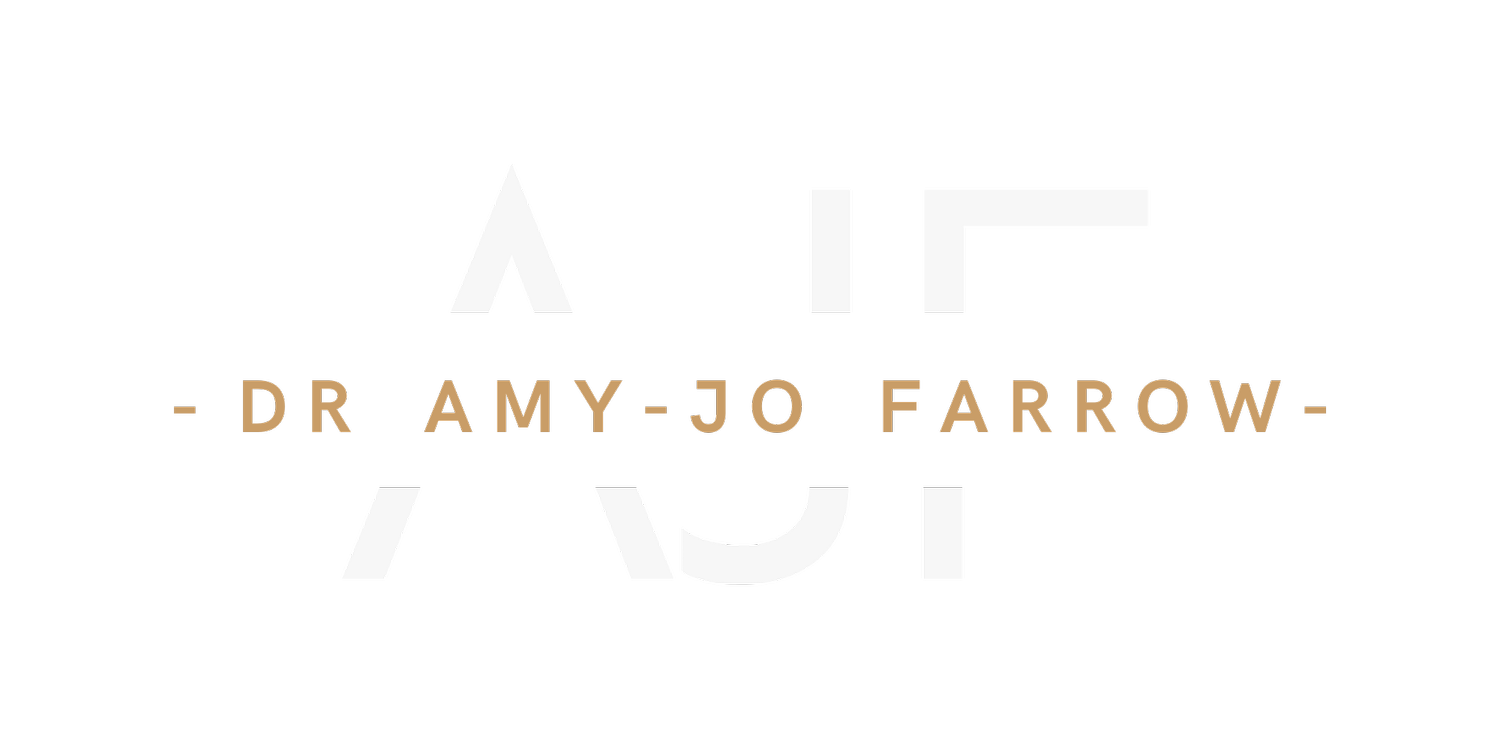
COACHING FOR BUSY AND OVERWORKED DOCTORS
Getting doctors from burnout to balance.
How coaching can help you help you feel your best self →
I support you to become happy, motivated, energised, and thriving.
We achieve this with 1:1 online coaching and resources targeting your concerns.
Work with me if you want to focus on:
→ Creating and enforcing boundaries
→ Strategies to manage workload
→ Combating imposter syndrome
→ Reducing workplace stress
→ Protecting personal time
→ Time management skills
→ Improving your health
→ Increasing confidence
→ Career planning
→ Asking for help

Which Level Of Burnout Do You Have?
Take my bespoke quiz to find out if you are experiencing low, moderate, or high-level burnout. It’s free, and insights might surprise you!
READY TO TAKE CARE OF YOURSELF?
Here’s How Burnout Coaching Works ↓
The recommended length of the coaching programme is determined by the severity of your symptoms of stress and burnout.
3-Month Coaching Programme
THE PROGRAMME:
Most suitable for low or moderate-level burnout
2 x 60 minute 1:1 online coaching sessions per month
Personal development exercises to complete between sessions
6-Month Coaching Programme
THE PROGRAMME:
Most suitable for high-level burnout
2 x 60 minute 1:1 online coaching sessions per month
Personal development exercises to complete between sessions
Monthly payment schemes are available for all programmes. For more info get in touch.
FAQs About Burnout
-
Coaching is a process of personal and professional development through one-to-one thought-provoking conversations. The coach supports the coachee to achieve self-awareness and personal responsibility, so that they can achieve their desired goal. Working together, the coach helps the individual identify their strengths and values, and overcome limiting beliefs, to enable future self-directed learning and development. This leads to a change in behaviour that is no longer serving the coachee.
-
Coaching with a qualified professional helps individuals set goals, work towards specific outcomes, increase self-awareness, and build skills required to overcome challenges. Coaching generally focuses on the present and the future, not the past.
Counselling is talking therapy with a trained professional who listens and helps the individual manage their emotional issues. It often focuses on bereavement, grief, and relationships.
Therapy is a specific intervention (CBT/DBT) over the longer term to treat diagnosed mental health condition. If often explores the back story of the individual to investigate the root causes of current mental health concerns.
Mentoring is focused on career development. A mentor is more experienced in a specific area of business that their mentee. They impart knowledge and advice to guide the mentee in their professional growth.
-
There are many different types of coaching. Coaching in this context should not be confused with sports coaching where the coach instructs the sports person in how to improve aspects of their game.
Coaching tends to be divided into two areas – coaching for businesses or organisations and coaching for individuals.
Coaching for businesses includes business coaching, leadership coaching, and team coaching.
Coaching for individuals includes life coaching, nutrition coaching, health coaching, and wellbeing coaching. It can also be further subdivided into a more specialist areas of coaching, for example burnout coaching.
-
A clinical trial in 2019 found coaching to be effective for burnout in reducing emotional exhaustion, increasing overall quality of life and increasing resilience.
(Reference: JAMA Intern Med. 2019 Oct; 179(10): 1406–1414.)
Coaching is recommended by the Society of Occupational Medicine for burnout prevention, coping with stress, and recovery from burnout, including returning to work.
(Reference Society of Occupational Medicine)
Take the first step ↓
You’re well aware of the wellbeing and resilience training recommendations.
You don’t need generic and irrelevant advice.
What you need is a tailored approach that works for you and your circumstances.
You are the expert in your own life.
Let me help you to focus your efforts on things that will really work - for you.




